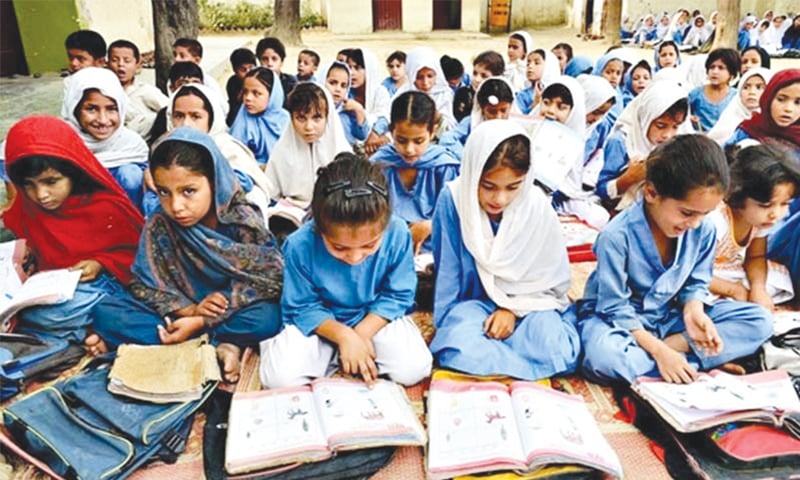
KARACHI: After three years of delay, the United Nations Development Programme (UNDP) is set to launch the Pakistan National Human Development Report (PKNHDR) next month, sources confirmed to Dawn on Monday.
The Human Development Report gives the overview of human development in the country which is also coherent to the true economic development that cannot be measured by GDP.
According to the UNDP, “This approach is more about expanding the standard of human life, as compared to old approaches to development that concentrated on improving the standard of economy only.”
The project started in November 2014 and was initially announced to be launched in 2015, however, it had faced a long delay due to incompetency and management crisis in UNDP.
In official correspondence with this reporter, the UNDP in July 2016 had confirmed that the report would be released in October 2016. However, UNDP later informed that the report would be launched in early 2017 but that did not happen.
Talking to Dawn the sources said the project took roughly more than $1 million and the main reason for delay was the unavailability of the two lead authors — Dr Adil Najam and Dr Faisal Bari.
PKNHDR is focused on the youth — 64 per cent of Pakistan’s total population — as the central component to study the human development.
Dr Bari, co-lead author and a leading economist, while talking to Dawn highlighted that they took three key aspects — education, employment and engagement, referred as “3 Es” — to study the life cycle of youth.
Education: The report highlights that many children aren’t getting opportunities in urban and rural sectors. It specifically discusses the dropout students throughout the country who want to continue their education but do not have opportunities.
Employment: The report concludes that employment opportunities in manufacturing sector are limited.
“The manufacturing sector is not growing. Only the service sector had growth in terms of employment opportunities,” Dr Bari said.
Engagement: This section covers numerous factors in which the youth feels neglected. They are not engaged at political, social or community level.
Dr Bari said their involvement doesn’t mean just political and social unions, there is no structured mechanism to engage them at all levels — policy up till societal level.
In PKNHDR, already available data sets had been used along with new sets of substantial region-wise data.
A Human Development Index (HDI) was developed and “unlike government’s regional level index this one has been taken up to the district level,” Dr Bari added.
A Youth Development Index (YDI) was also developed with the regional level data.
Additionally, a youth perception survey had been conducted and for this purpose 70-80 focus group discussions across the country were organised and several social media platforms were utilised.
Published in Dawn, March 20th, 2018













































